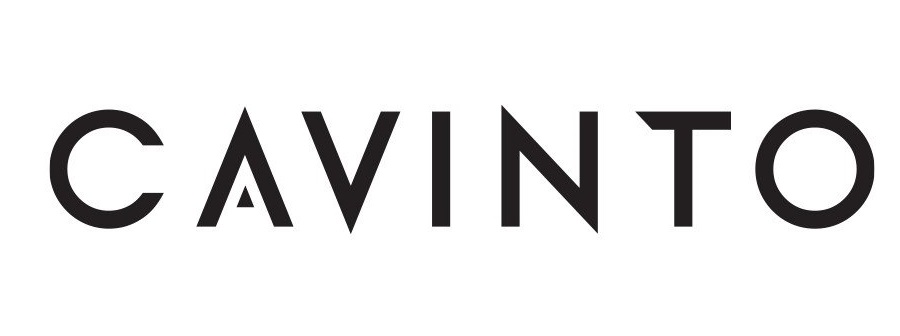They also use CBT to teach new coping skills that help people find new ways to deal with cravings, relapses, and stress. An addiction counselor (substance abuse counselor) provides expert care and support to people who have substance use disorder (SUD), like alcohol use disorder or opioid use disorder. Although there’s no cure for drug addiction, treatment options can help you overcome an addiction and stay drug-free. Your treatment depends on the drug used and any related medical or mental health disorders you may have.
- An addiction counselor works with the client to create a treatment plan that often includes individual therapy, family therapy, and support groups.
- This will include structured interviews, questionnaires, and other screening tools to evaluate substance use history, mental health, and overall well-being.
- These are fewer therapies and more techniques in multiple therapy practices, especially DBT.
- People with a SUD may also have other mental health disorders, and people with mental health disorders may also struggle with substance use.
Research Funded by NIMH
Regardless of the degree pursued, candidates for LADC licensure are usually required to complete specific coursework in addiction studies. This coursework is designed to provide a comprehensive understanding of addiction, its causes, prevention, and evidence-based treatment approaches. Counselors may work with case managers to ensure that clients are receiving the right treatment and support, including from other treatment professionals and community organizations, for alcohol rehab a comprehensive approach to treatment. The counselor may help monitor progress, adjust plans as needed, and advocate for the client, in the same vein as a case manager.
Substance Abuse Counselors Contribute to Society One Recovery at a Time
Both alcohol, barbiturate as well as benzodiazepine withdrawal can potentially be fatal. Abuse of hallucinogens, although extremely unlikely, may in some individuals trigger delusional and other psychotic phenomena long after cessation of use. This is mainly a risk with deliriants, and most unlikely with psychedelics and dissociatives.
Press Resources
Below we’ll explore exactly what an addiction counselor does, how they help people through recovery, and where they work. Additionally, medications are used to help people detoxify from drugs, although detoxification is not the same as treatment and is not sufficient to help a person recover. Detoxification alone without subsequent treatment generally leads to resumption of drug use. History professor Philip Jenkins suggests that there are two issues with the term “drug abuse”. For instance, GHB, a naturally occurring substance in the central nervous system is substance abuse counseling definition considered a drug, and is illegal in many countries, while nicotine is not officially considered a “drug” in most countries. Nearly every state requires counselors to have a graduate degree from a CACREP-accredited institution.
What qualifications should a substance abuse counselor have?
The private nature of these sessions allows the patient to address topics that are private in nature and which they may not want to openly discuss in a group setting. It is during individual counseling that patients will receive the one-on-one support that they need to work through their problems and learn how to prevent relapse. For diagnosis of a substance use disorder, most mental health professionals use criteria in the Diagnostic and Statistical Manual of Mental Disorders (DSM-5), published by the American Psychiatric Association. It also assists with reducing cravings, avoiding situations, and learning healthy coping skills. The field of addiction counseling offers not only a rewarding career in terms of helping individuals but also competitive compensation for licensed alcohol and drug counselors.
Drug abuse, including alcohol and prescription drugs, can induce symptomatology which resembles mental illness. In some cases, substance-induced psychiatric disorders can persist long after detoxification, such as prolonged psychosis or depression after amphetamine or cocaine abuse. A protracted withdrawal syndrome can also occur with symptoms persisting for months after cessation of use. Benzodiazepines are the most notable drug for inducing prolonged withdrawal effects with symptoms sometimes persisting for years after cessation of use.
Counseling Sessions
However, repeated or excessive use can increase the risk of substance-related problems. Factors such as personal health, mental state, and family history of addiction can influence whether casual substance use escalates into abuse. The primary difference between a substance abuse counselor and a therapist is their areas of expertise; substance abuse counselors handle substance use disorders while therapists treat mental health issues.
